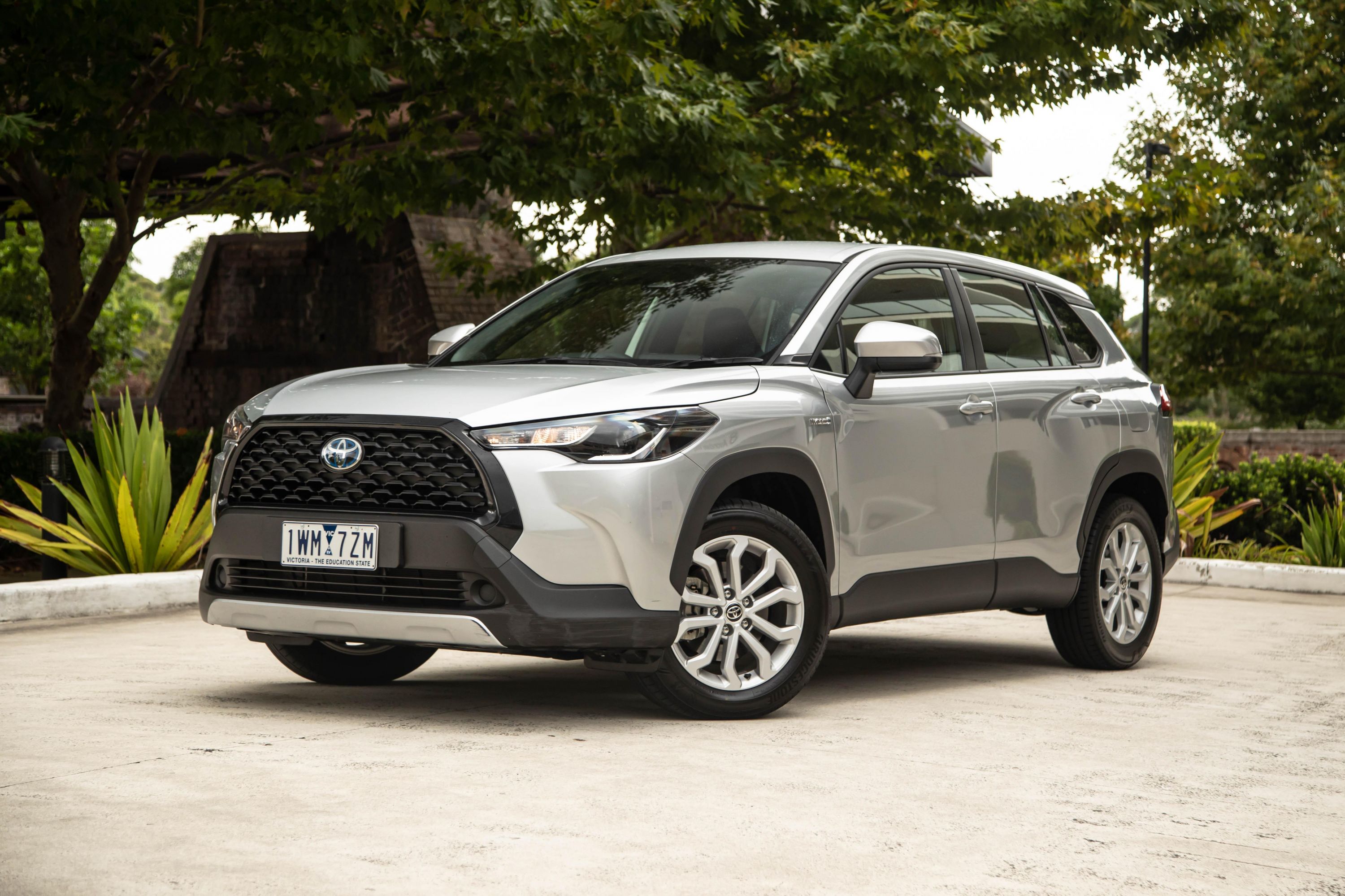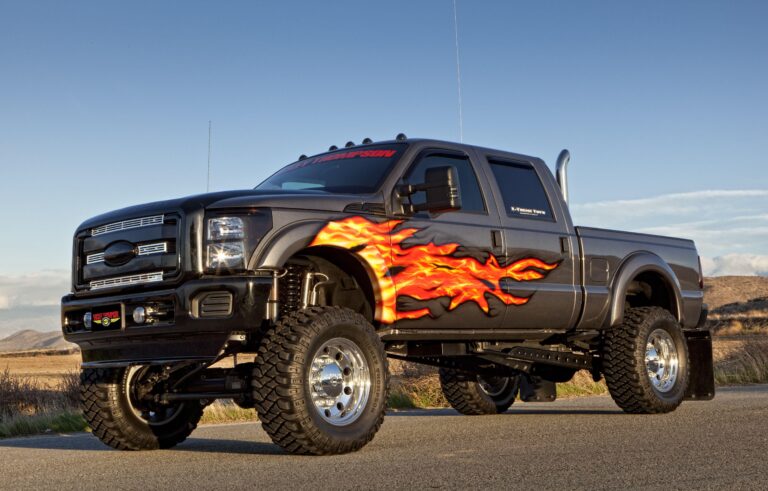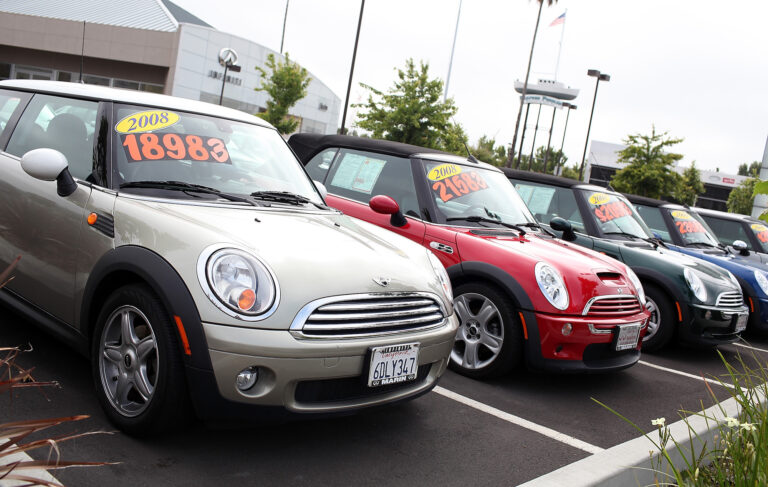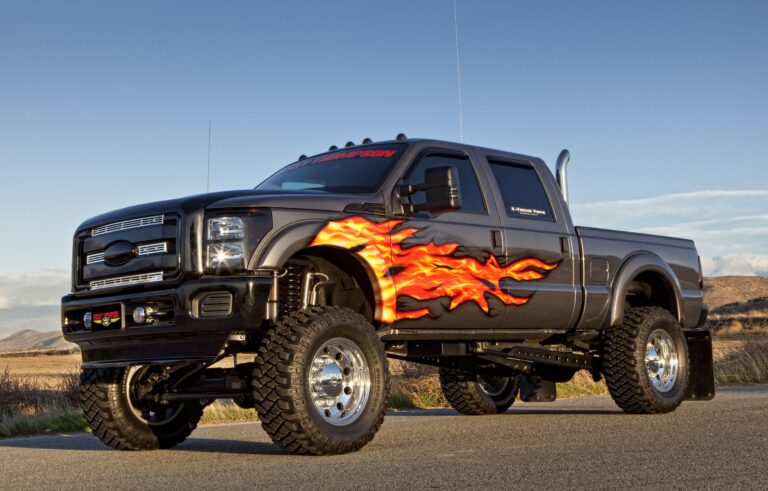Popular Chinese Car Brands: A Comprehensive Guide to the Automotive Revolution
Popular Chinese Car Brands: A Comprehensive Guide to the Automotive Revolution cars.truckstrend.com
The global automotive landscape is undergoing a dramatic transformation, and at the heart of this revolution are Chinese car brands. Once viewed primarily as budget-friendly alternatives, these manufacturers have rapidly evolved, shedding old perceptions to emerge as formidable competitors on the world stage. From cutting-edge electric vehicles (EVs) to sophisticated SUVs and luxurious sedans, Chinese car brands are increasingly recognized for their innovation, quality, and remarkable value. This comprehensive guide delves into the popular Chinese car brands, exploring their rise, key offerings, and the significant impact they are making on the future of mobility.
The Rise of Chinese Automotive Powerhouses
Popular Chinese Car Brands: A Comprehensive Guide to the Automotive Revolution
For decades, the global automotive industry was dominated by manufacturers from Europe, Japan, and the United States. However, China’s massive domestic market, coupled with significant government investment, technological advancements, and strategic international partnerships, has fueled an unprecedented surge in its automotive sector. Chinese car brands have not only mastered traditional manufacturing but have also become pioneers in the electric vehicle revolution, often leading the charge in battery technology, smart connectivity, and autonomous driving features. Their growing popularity stems from a compelling blend of affordability, advanced technology, stylish design, and increasingly, a commitment to global quality standards.
Key Factors Driving Their Popularity
Several interconnected factors explain the burgeoning appeal of Chinese car brands:
- Unbeatable Value and Affordability: Historically, Chinese brands entered markets with highly competitive pricing. While quality and features have dramatically improved, they often still offer more for the money compared to their Western or Japanese counterparts, making them an attractive option for budget-conscious consumers.
- Technological Leadership, Especially in EVs: China is the world’s largest EV market, and its manufacturers have leveraged this to become global leaders in electric vehicle technology. Brands like BYD, Nio, and Xpeng are at the forefront of battery development, charging infrastructure, and smart vehicle integration, offering advanced features and impressive ranges.
- Design Evolution and Global Appeal: Gone are the days of derivative designs. Chinese car companies are investing heavily in design, often hiring top international talent and establishing design studios globally. The result is a new generation of vehicles that are aesthetically pleasing, modern, and distinct, appealing to a diverse global audience.
- Rapid Innovation and Smart Features: Chinese brands are quick to adopt and integrate the latest technologies, from advanced driver-assistance systems (ADAS) and sophisticated infotainment setups to voice controls and over-the-air (OTA) updates. They often lead in creating "smart cockpits" that are highly connected and intuitive.
- Aggressive Global Expansion: Beyond their robust domestic market, Chinese brands are actively expanding their presence across Southeast Asia, the Middle East, Latin America, Africa, and increasingly, Europe, North America, and Australia, establishing robust sales and service networks.
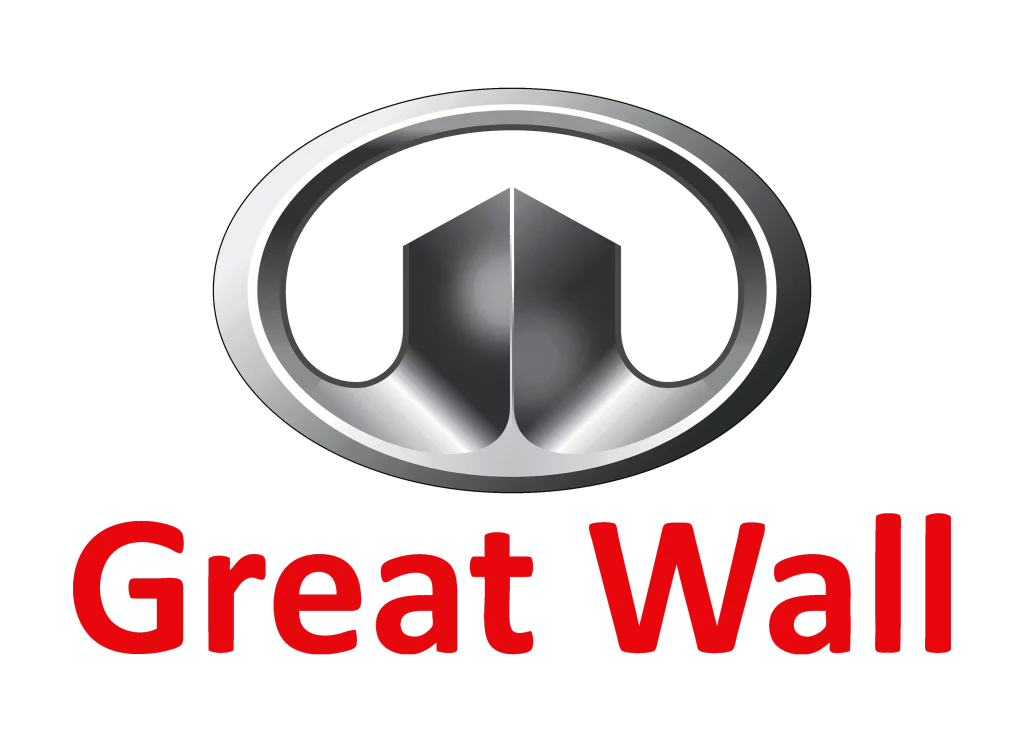
Prominent Chinese Car Brands Making Waves
Let’s explore some of the most influential and popular Chinese car brands:
-
Geely Auto Group:
- Background: A privately-owned automotive giant, Geely has become a global force through strategic acquisitions, including Volvo Cars, Polestar, Lotus, and a significant stake in Mercedes-Benz’s parent company, Daimler AG.
- Strengths: Known for its diverse portfolio, encompassing traditional ICE vehicles, hybrids, and cutting-edge EVs. Geely leverages its global partnerships for technology sharing and quality enhancement.
- Notable Models: Geely Coolray (Binyue), Geely Azkarra (Boyue), Zeekr (premium EV sub-brand), Lynk & Co (premium sub-brand co-developed with Volvo).
- Focus: Innovation, premiumization, and global market expansion.
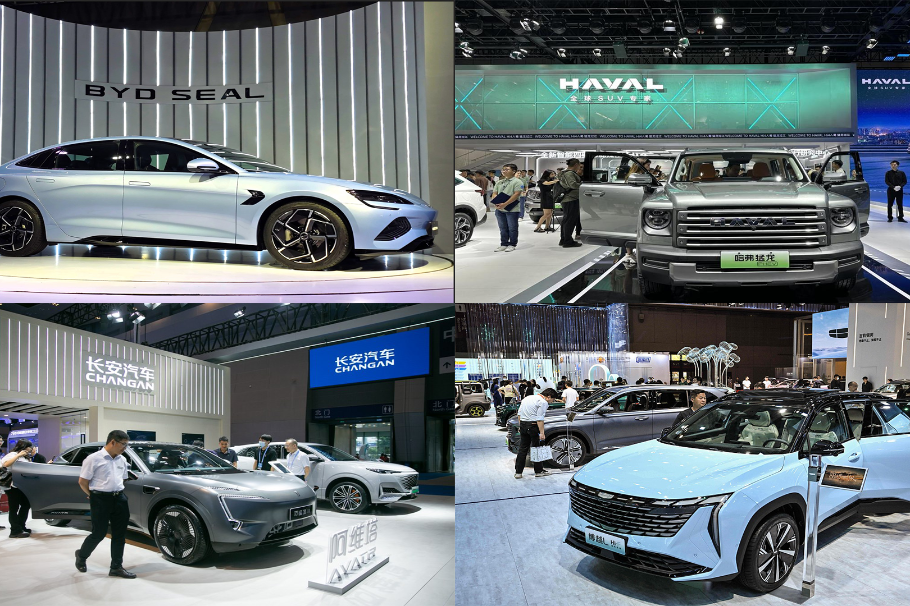
-
BYD (Build Your Dreams):
- Background: Originally a battery manufacturer, BYD pivoted into automotive production and has emerged as a world leader in new energy vehicles (NEVs), encompassing plug-in hybrids and pure EVs.
- Strengths: Vertically integrated, manufacturing its own batteries (Blade Battery technology), semiconductors, and electric powertrains. Renowned for its focus on sustainability and EV range.
- Notable Models: BYD Atto 3 (Yuan Plus), BYD Seal, BYD Dolphin, BYD Han.
- Focus: Electric vehicles, battery technology, and sustainable mobility solutions.
-
Chery Automobile Co., Ltd.:
- Background: One of China’s largest state-owned automakers, Chery has a strong emphasis on research and development and is a major exporter of vehicles, particularly to emerging markets.
- Strengths: Known for robust SUVs and sedans, with a focus on value, reliability, and increasingly, modern design. They have multiple sub-brands like Omoda and Jaecoo targeting specific segments.
- Notable Models: Chery Tiggo series (Tiggo 7 Pro, Tiggo 8 Pro), Omoda 5.
- Focus: Global export, diverse product range, and R&D.
-
SAIC Motor Corporation Limited (MG, Maxus):
- Background: A state-owned enterprise and one of China’s "Big Four" automakers. SAIC has successful joint ventures with Volkswagen and General Motors in China. Its acquisition of the iconic British brand MG has been a global success story.
- Strengths: MG has been revitalized with stylish, affordable, and often electric models that resonate globally. Maxus (LDV in some markets) focuses on commercial vehicles and large SUVs/MPVs.
- Notable Models: MG ZS EV, MG 4 EV, MG HS, Maxus D90, Maxus T60/T90.
- Focus: International expansion, electrification (especially with MG), and commercial vehicles.
-
Great Wall Motors (GWM – Haval, Ora, Wey, Tank):
- Background: China’s largest SUV and pickup truck manufacturer. GWM has successfully branched out with distinct sub-brands.
- Strengths: Haval is a dominant SUV brand known for its robust and feature-packed vehicles. Ora specializes in quirky, stylish EVs. Wey offers premium SUVs, and Tank focuses on rugged off-roaders.
- Notable Models: Haval H6, Haval Jolion, Ora Good Cat (Ora Funky Cat), Tank 300.
- Focus: SUVs, pickups, and lifestyle-oriented electric vehicles.
-
Changan Automobile:
- Background: Another of China’s "Big Four," Changan has strong R&D capabilities and numerous joint ventures. It’s a pioneer in intelligent networked vehicles.
- Strengths: Wide range of passenger vehicles, including popular SUVs and sedans. Known for its advanced intelligent driving systems and connectivity features.
- Notable Models: Changan CS75 Plus, Changan UNI-T, Changan Lumin.
- Focus: Intelligent vehicles, future mobility solutions, and strong domestic market presence.
-
Nio:
- Background: A premium electric vehicle manufacturer founded in 2014, Nio is often dubbed "China’s Tesla" and is known for its innovative battery-swapping technology.
- Strengths: Focus on luxury, high-performance EVs, and a comprehensive user experience, including Nio Houses (lifestyle hubs) and extensive charging infrastructure.
- Notable Models: Nio ES6, Nio ES8, Nio ET5, Nio ET7.
- Focus: Premium smart EVs, user services, and battery-as-a-service (BaaS).
-
Xpeng:
- Background: Another prominent smart EV manufacturer, Xpeng emphasizes autonomous driving technology and intelligent cabin features.
- Strengths: Strong R&D in ADAS, voice AI, and smart connectivity. Offers stylish and technologically advanced electric sedans and SUVs.
- Notable Models: Xpeng P7, Xpeng G9, Xpeng G6.
- Focus: Smart EVs, autonomous driving, and advanced software integration.

Emerging Trends and Future Outlook
The trajectory for Chinese car brands is overwhelmingly upward. Key trends include:
- Dominance in Electrification: China will continue to lead the EV charge, with its brands introducing more efficient batteries, faster charging, and diverse electric models.
- Intelligent Vehicle Integration: Expect more advanced autonomous driving features, AI-powered in-car systems, and seamless connectivity becoming standard.
- Premiumization: Brands like Nio, Xpeng, and Zeekr are proving that Chinese brands can compete in the premium segment, challenging established luxury marques.
- Increased Global Competition: As Chinese brands expand aggressively, they will intensify competition in traditional automotive markets, forcing others to innovate faster and offer more competitive pricing.
However, challenges remain, including overcoming historical brand perceptions in some markets and building robust after-sales service networks globally.
Practical Advice for Considering a Chinese Car Brand
If you’re considering purchasing a vehicle from a Chinese brand, here’s some practical advice:
- Research Thoroughly: Look beyond the price tag. Read reviews from reputable automotive publications, check safety ratings (e.g., Euro NCAP where available), and understand the brand’s global strategy.
- Evaluate After-Sales Support: This is crucial. Inquire about the warranty, availability of service centers, spare parts, and the brand’s commitment to customer service in your region.
- Test Drive Extensively: Get a feel for the car’s performance, comfort, and technological features. Ensure it meets your driving needs and preferences.
- Understand Features and Technology: Chinese cars often come packed with tech. Ensure you understand how to use these features and if they align with your preferences.
- Check Resale Value: While improving, resale values for Chinese brands in some Western markets might still be lower than established brands. Factor this into your decision.
Summary of Popular Chinese Car Brands (Representative Models & General Price Segment)
Please note that "General Price Segment" is indicative and can vary significantly by market, trim, and time. Prices are for reference and not absolute.
| Brand Name | Primary Focus | Notable Models (Examples) | General Price Segment (Relative) |
|---|---|---|---|
| Geely Auto Group | Diverse portfolio, global partnerships, innovation | Coolray (Binyue), Azkarra (Boyue), Zeekr 001 | Mid-Range to Premium |
| BYD | New Energy Vehicles (EVs, PHEVs), Battery Tech | Atto 3 (Yuan Plus), Seal, Dolphin, Han | Mid-Range to Premium |
| Chery Automobile | Global Export, R&D, SUVs | Tiggo 7 Pro, Tiggo 8 Pro, Omoda 5 | Budget to Mid-Range |
| SAIC (MG, Maxus) | International Electrification (MG), Commercial | MG ZS EV, MG 4 EV, Maxus D90 | Budget to Mid-Range |
| Great Wall Motors | SUVs, Pickups, Lifestyle EVs (Haval, Ora, Tank) | Haval H6, Ora Good Cat, Tank 300 | Mid-Range |
| Changan Automobile | Intelligent Vehicles, R&D, Wide Range | CS75 Plus, UNI-T, Lumin | Budget to Mid-Range |
| Nio | Premium Smart EVs, User Experience, Battery Swap | ES6, ES8, ET5, ET7 | Premium |
| Xpeng | Smart EVs, Autonomous Driving, Tech | P7, G9, G6 | Premium |
Frequently Asked Questions (FAQ)
Q1: Are Chinese cars reliable?
A1: Reliability has significantly improved. While historically there were concerns, top Chinese brands now benchmark against international standards, employing advanced manufacturing techniques and quality control. Many offer competitive warranties. It’s crucial to research specific models and brands.
Q2: Are Chinese cars safe?
A2: Yes, leading Chinese car brands are increasingly prioritizing safety. Many models have achieved excellent ratings in independent crash tests like Euro NCAP (e.g., Nio ET5, Ora Funky Cat, MG4, BYD Atto 3 have 5-star Euro NCAP ratings). They are also incorporating advanced safety features and ADAS.
Q3: Why are Chinese cars often more affordable?
A3: Their affordability stems from several factors: massive domestic market scale, lower labor costs in some areas, government subsidies (especially for EVs), efficient supply chains, and a strategy to gain market share. However, as quality and tech improve, prices are becoming more competitive with international brands.
Q4: Which Chinese car brand is the "best"?
A4: There isn’t a single "best" brand, as it depends on your needs.
- For cutting-edge EVs and premium experience, Nio or Xpeng might be best.
- For value-packed SUVs and strong global presence, Haval or Chery are strong contenders.
- For overall EV leadership and battery tech, BYD is a top choice.
- For diverse offerings and global reach, Geely and SAIC (MG) are excellent.
Q5: Are Chinese EVs good?
A5: Chinese EVs are among the best globally, especially in terms of battery technology, range, smart features, and value. Brands like BYD, Nio, and Xpeng are leading innovation in the electric vehicle space, offering competitive performance and advanced technology.
Q6: Will Chinese cars dominate the global market?
A6: Chinese cars are rapidly gaining market share globally and are poised to become major players. While complete domination is a long way off, their rapid innovation, strong EV focus, and aggressive international expansion suggest they will significantly reshape the global automotive industry in the coming decades.
Conclusion
The narrative around Chinese car brands has irrevocably shifted. No longer just a regional phenomenon, they represent a dynamic and innovative force that is reshaping the automotive world. With their compelling blend of advanced technology, evolving design, increasing quality, and competitive pricing, popular Chinese car brands are offering consumers more choices than ever before. As they continue to push boundaries in electrification and intelligent mobility, their influence will only grow, cementing their position as indispensable players in the future of transportation.
